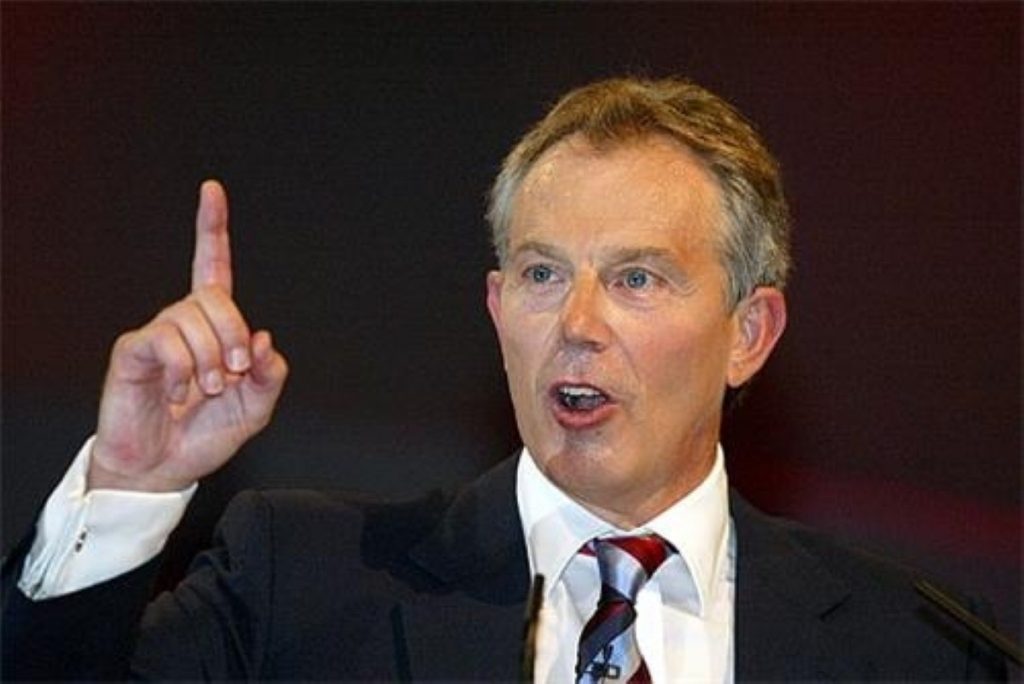Blair steps down under shadow of Iraq
Tony Blair has given his strongest indication yet that he will resign next week.
His announcement firmly ends speculation he would resign today or tomorrow to mark the tenth anniversary as prime minister – and deflect from Labour’s likely losses in the forthcoming elections.
Speaking to GMTV, Mr Blair said he would make his position clear next week, telling viewers “I will have something definitive then”.
He also attempted to play down expectations of major losses in Thursday’s election, with the SNP tipped to take power in Scotland: “I lived through the 1980s when Labour used to win by-elections, be ahead in the opinion polls, but when it came to a general election people make a more fundamental decision,” he said.


Mr Blair continued: “Even though, for understandable reasons, there may be parts of the electorate that don’t trust me any more, actually I have always trusted the people in the sense that I think they take a very sensible view of things in the end.”
It is widely expected that he will officially announce his resignation on May 9th or 10th after he travels to Northern Ireland to see power restored to the Stormont assembly.
The timing indicates Mr Blair hopes the peace process in Northern Ireland will be accepted as his legacy.
However, according to a Independent/CommunicateResearch poll, the overwhelming majority of British people think Blair’s legacy will be the Iraq war. Nearly seven in ten think the prime minister will be remembered most for his controversial invasion of Iraq.
His relationship with George Bush is the second most memorable feature of his premiership, respondents claimed, but this only received nine per cent of the vote.
Just six per cent of respondents agreed Northern Ireland will be remembered as Mr Blair’s most notable achievement, while two per cent praise his goal to improve public services.
However, most predictions displayed an enduring cynicism with Mr Blair’s leadership; three per cent said cash-for-honours would become his legacy while two per cent remember his government’s reliance on ‘spin’.
Despite this, the majority of people still believe Mr Blair was a good prime minister overall, with just over a third claiming he was a bad leader.
Labour voters are the most supportive, with nine in ten backing Mr Blair’s record. However, his ability to appeal beyond the traditional left remains evident, with 62 per cent of Lib Dem and 45 per cent of Tory supporters agreeing he has been a good prime minister.

